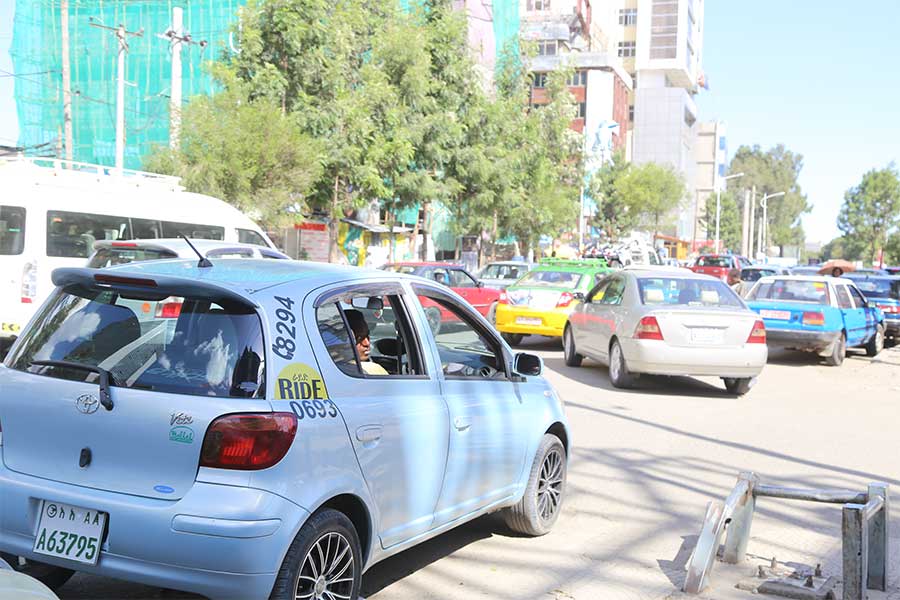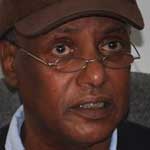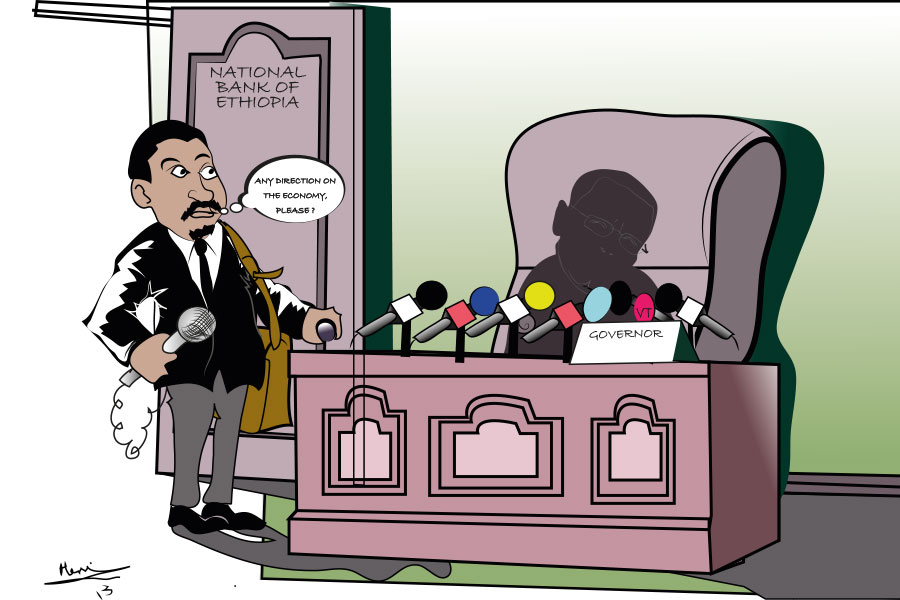
View From Arada | Jan 04,2020
Aug 31 , 2019.
Lawmakers were called from their recess last Saturday to attend an emergency session of parliament. Finally, they have legislated what was thought to be one of the legal roadblocks to a competitive political environment in Ethiopia.
A bill that has been in revision for over a year now, the Ethiopian Electoral Political Parties Registration & Election Ethics Proclamation passed the chamber last week. It was to the displeasure and dismay of some of the political opposition. However, coming soon after the passing of the bill that re-established the National Electoral Board of Ethiopia, it is another important milestone in the reform drive of the ruling party and the administration of Prime Minister Abiy Ahmed (PhD). It is a step in the right direction and will hopefully create a broader political space for competitive elections.
Abiy and his administration deserve to be applauded for their commitment to broadening the political space as he had promised at the altar of parliament during his nomination address to the nation. It is indeed a marked departure from the past, although his acid test is yet to come.
If there is anything common among the various Ethiopian regimes - from the monarchy to military totalitarianism to electoral authoritarianism - it is the undemocratic nature of the Ethiopian state. In different disguises and despite seemingly differing ideologies, they all succumbed to the temptation of total domination of the political space.
This aggrandization of the total monopoly of power in one entity - be it a king, a committee (Dergue) or a vanguard party - has kept the country from forming a democratic state. The building of a democratic constitutional order requires the active involvement of non-state actors in the media, civil society and opposition parties too. Successive governments in Ethiopia have not allowed that to happen. They were fearful of challenges from their political foes.
Let there be hope that the current administration’s pronouncements and some of the actions taken are the beginning of a new chapter of electoral politics. Let it signal the transformation of Ethiopia`s political culture from analogue to digital, befitting the era.
The opposition too is one critical force in ensuring the political space is competitive to provide choices for the electorate. There may have been little political parties could do to behave democratically in an environment where the state and its institutions are failing to deliver on constitutional promises.
However, no matter how imperfect or incomplete the opening may be, there is an undeniable opening that all political parties should take advantage of to compete for power. That is as peacefully and legally as it should, stirred by institutional checks and balances.
The role of opposition parties in the building of a democratic order cannot be underestimated. A modern democratic state is impossible without the active participation of political parties in the governance structure. Despite its inadequacies, democracy is the most representative form of governance that humans have come up with. At the core of it is the belief that all people are capable of and have the right to self-governance. They must have a say in how they are governed. They mostly do that through their representatives.
Voters must be presented with the broadest alternatives possible. Citizens are the cornerstones of democracy. They have to be represented in the political process. This is especially true in a diverse transitional democracy such as Ethiopia.
The pluralism of political parties at every step of the governance structure is vital. It is impossible to get the consent of the governed if some part of the population feels excluded or underrepresented. The lawmakers that establish the governance compact have to represent various views in the deliberative chamber. These views should also include those of the opposition, not just the side of the incumbent or the party that aspires to hegemonic status.
Even those that are not in government should be able to present alternative policy options for discussions and debates. What is known in the academic parlance as the “general will” of the public can only enrich the legislative process. Laws passed in such an inclusive and deliberative manner have better buy-in from the electorate and thus a better chance of success.
Considering the all-important role, they can and, indeed, they should play in the democratisation of the country, the contesting parties in Ethiopia need to get their act together and raise their game.
Granted, the historical baggage of past repression has made them weak and fractured, but that should not turn them into whining victims and keep them from moving forward. They can make the most of the opportunity they have now to create a better future and a stronger democracy that will not let repression happen again.
One of the ways they do this is by playing their part in the building and strengthening of democratic institutions. Constitutional institutions, such as the National Electoral Board, the Human Rights Commission, the judiciary, the bureaucracy and law enforcement, have to be reclaimed as vital national state organs, not just instruments of particular governments.
Governments come and go. These institutions are supposed to manage that transition and endure. This has not been the case in the past, but this must change.
Political parties, including those in the opposition, should also work in cooperation with these institutions in laying the foundations of a democratic future. This includes binding themselves to abide by the outcomes of the decisions of these bodies, within the law, including the outcome of electoral results.
It is not only in winning elections that a political party serves its constituents. Parties also perform vital functions between elections by giving a voice to their constituencies and holding governments accountable. They should have a vision that sees beyond one electoral cycle. The most important thing is that they do their part in forming a solid foundation for the building of a democratic state.
The recent moves and legislative record of the current administration in this regard are pointing in the right direction. It takes two to tango; it is time for the opposition parties to put on their dancing shoes.
PUBLISHED ON
Aug 31,2019 [ VOL
20 , NO
1009]

View From Arada | Jan 04,2020

Editorial | Jun 05,2021

Covid-19 | Apr 17,2020

Fortune News | Oct 03,2020

My Opinion | Dec 25,2021

Verbatim | Aug 03,2019

News Analysis | Aug 28,2021

Commentaries | Nov 21,2020

Editorial | Aug 21,2021

View From Arada | May 11,2024

My Opinion | 131584 Views | Aug 14,2021

My Opinion | 127940 Views | Aug 21,2021

My Opinion | 125915 Views | Sep 10,2021

My Opinion | 123539 Views | Aug 07,2021

Dec 22 , 2024 . By TIZITA SHEWAFERAW
Charged with transforming colossal state-owned enterprises into modern and competitiv...

Aug 18 , 2024 . By AKSAH ITALO
Although predictable Yonas Zerihun's job in the ride-hailing service is not immune to...

Jul 28 , 2024 . By TIZITA SHEWAFERAW
Unhabitual, perhaps too many, Samuel Gebreyohannes, 38, used to occasionally enjoy a couple of beers at breakfast. However, he recently swit...

Jul 13 , 2024 . By AKSAH ITALO
Investors who rely on tractors, trucks, and field vehicles for commuting, transporting commodities, and f...

Jun 29 , 2025
Addis Abeba's first rains have coincided with a sweeping rise in private school tuition, prompting the city's education...

Jun 29 , 2025 . By BEZAWIT HULUAGER
Central Bank Governor Mamo Mihretu claimed a bold reconfiguration of monetary policy...

Jun 29 , 2025 . By BEZAWIT HULUAGER
The federal government is betting on a sweeping overhaul of the driver licensing regi...

Jun 29 , 2025 . By NAHOM AYELE
Gadaa Bank has listed 1.2 million shares on the Ethiopian Securities Exchange (ESX),...